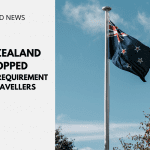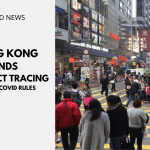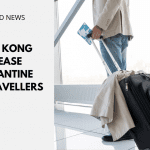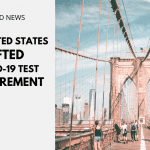Self-Isolation Rules for Arrivals in the UK
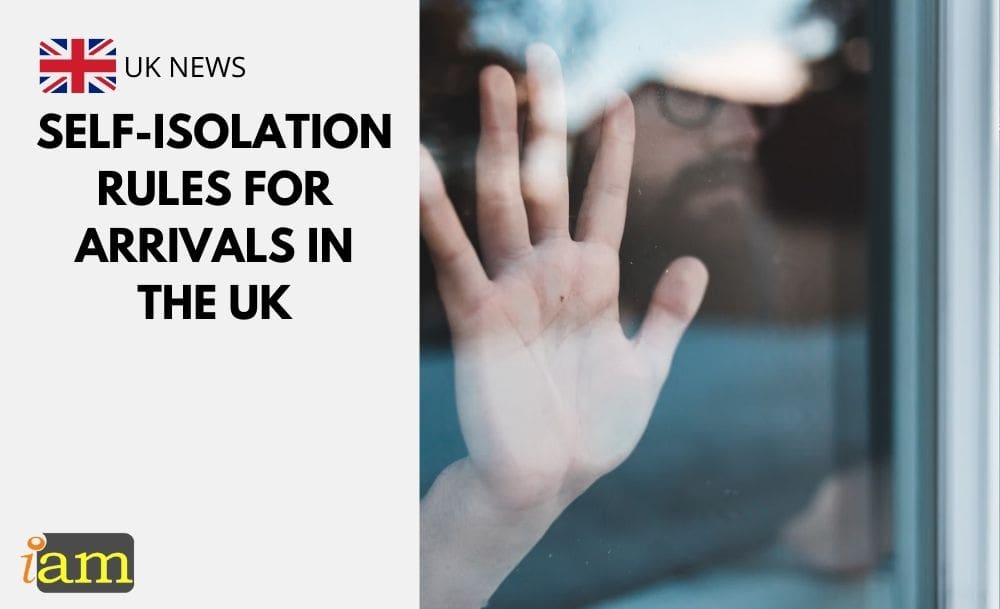
People vaccinated outside the UK are being warned that they may have to self-isolate if they travel to the UK since the British contact tracing service does not recognise them as being fully vaccinated.
After initially refusing to recognise any COVID vaccine administered outside the UK, the British government now counts as ‘fully vaccinated’ for travel purposes people who had both doses of the vaccine in an EU or Schengen zone country.
That means that those fully vaccinated can enter the country without having to quarantine.
However, once in the country, if they are identified by the NHS Test and Trace service as a contact case, they will have to self-isolate for 10 days. To be considered a close contact, it generally means having been within two metres of someone for 15 minutes or more, such as on a bus journey.
‘Pingdemic'
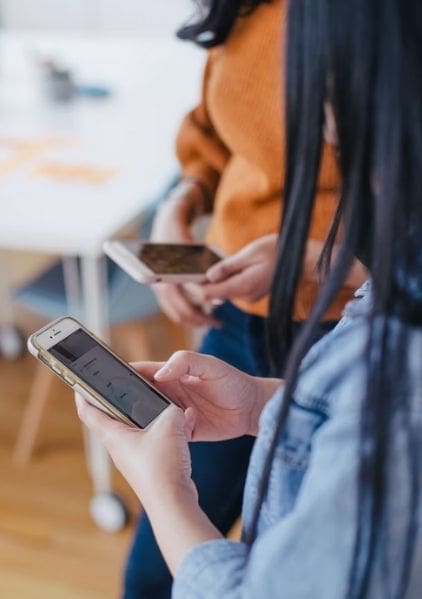
Fully vaccinated people are exempt from the requirement to self-isolate if they are a contact case, however this only applies to people who received their vaccines in the UK. This means that those who received the same vaccination abroad must respond differently to people vaccinated in the UK if pinged by NHS Test and Trace.
Despite officially approving a long list of overseas vaccination programmes including the EU Digital COVID Certificates, the British government’s domestic policy is a different story.
The Test and Trace programme refuses to recognise any vaccines administered outside the UK, meaning that anyone vaccinated in the EU including British citizens, faces a 10-day self-isolation period. The 10 days are counted from the time of contact with the person who tested positive.
With this rule, thousands of people could be forced to enter endless cycles of self-isolation despite being double-jabbed. This could be particularly costly and inconvenient for those forced to extend their stays in hotels or other accommodation.
Who Else Needs to Self Isolate in the UK?
The UK government rules also state that anyone who has COVID symptoms should self-isolate for 10 days unless they have had a negative COVID test. This applies to everyone, including people who were fully vaccinated in the UK or abroad.
Self-isolation can be done at a private address if you are staying with family or friends, but those staying in hotels or Airbnb face having to extend their stay and rearrange transport home while they complete their 10-day self-isolation.
New cases in the UK are currently running at an average of about 50,000 so coming into contact with an infected person while on a visit to the UK is not unlikely.
You can find out more about the rules for travelling to England during the pandemic on the government's official website.
What are your thoughts on this issue? Talk to us in the comment section below.
Check out the deals we have found below and tell us your travel plans.
Check out the offers and discounts from:
And because of the pandemic, don’t forget to get your travel insurance, which will cover you for flight disruptions and pandemic related matters.
IaM can help with your visa application to the United States, the UK & other countries
If you need help with a US visa, a UK Visa, or visa to Europe, including help with appointment booking obligations, IaM can help. For more information and advice on US immigration, UK immigration law and US visa applications or if you need any help or assistance please, reach out to your Visa Coordinator at IaM.
Some of our posts include affiliate links. If you choose to purchase any of these products, we might get a small commission. For more information, check out our TOS.
- Belgium Tightens Borders: How It Could Affect Your Schengen Trip - 25 June 2025
- ETIAS Fee Under Review: Will Travelling to Europe Cost More? - 24 June 2025
- Cyprus Remains a Safe Destination This Summer - 23 June 2025

